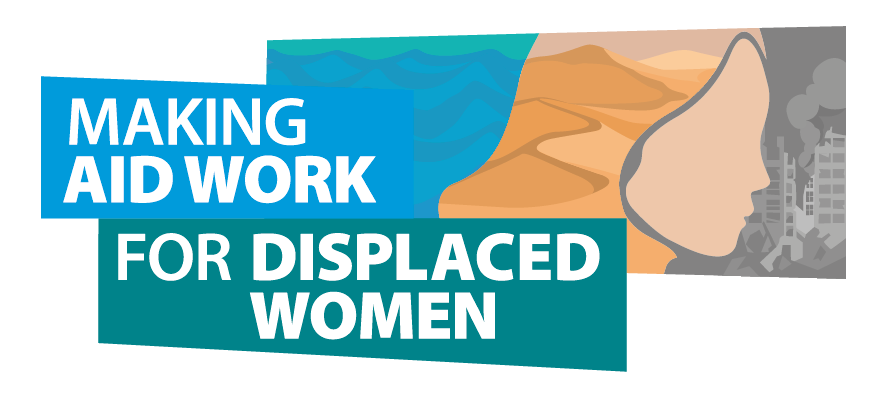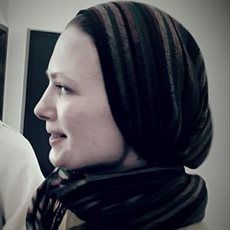
Dr Sandra Pertek
Project Lead
Dr Sandra Pertek is UKRI Future Leaders Fellow at the School of Government and School of Social Policy, and Associate Professor at the International Development Department (IDD) and the Institute for Research into International Migration and Superdiversity (IRiS) at the University of Birmingham. She is also a Senior Research Fellow at the Center for Conflict and Humanitarian Studies (CHS). She was previously Lecturer at the Institute for Global Health and Development, Queen Margaret University, and Teaching Fellow (POLSIS) and ESRC Postdoctoral Fellow at the University of Birmingham.
Sandra specialises in the intersection of gender, violence, religion, forced migration and humanitarianism. Her research integrates the intersectional and ecological approaches to improve outcomes for displaced populations. She has led a number of studies across the Middle East, Africa and Europe, including the "Ukrainian Refugees at Risk" and "Protecting Forcibly Displaced Women and Girls in the Muslim World"projects. She currently leads an interdisciplinary and policy-oriented, £1.3m UKRI-funded research initiative, "Making Aid Work for Displaced Women", which focuses on integrating Islamic philanthropy into the international humanitarian system and developing innovative solutions to global forced displacement.
She is an interdisciplinary researcher and social development specialist with over a decade of experience in humanitarian, development, and migration settings. Bridging research, policy, and practice, she has consulted for international and governmental organisations, including the European Commission, GIZ, the Home Office, and Islamic Development Bank. She has also collaborated with various organisations, such as the UNHCR, OIC and IFRC. Before joining the University of Birmingham, Sandra was a Senior Policy Adviser on Gender at a leading humanitarian agency.
She has published articles on gender, religion and forced migration in leading journals and co- authored the monograph, 'On the Significance of Religion in Violence Against Women and Girls' (Routledge). Her new monograph, 'Violence against Women, Religion and Forced Displacement: Experiences and Humanitarian Responses', is underway.
Social Media
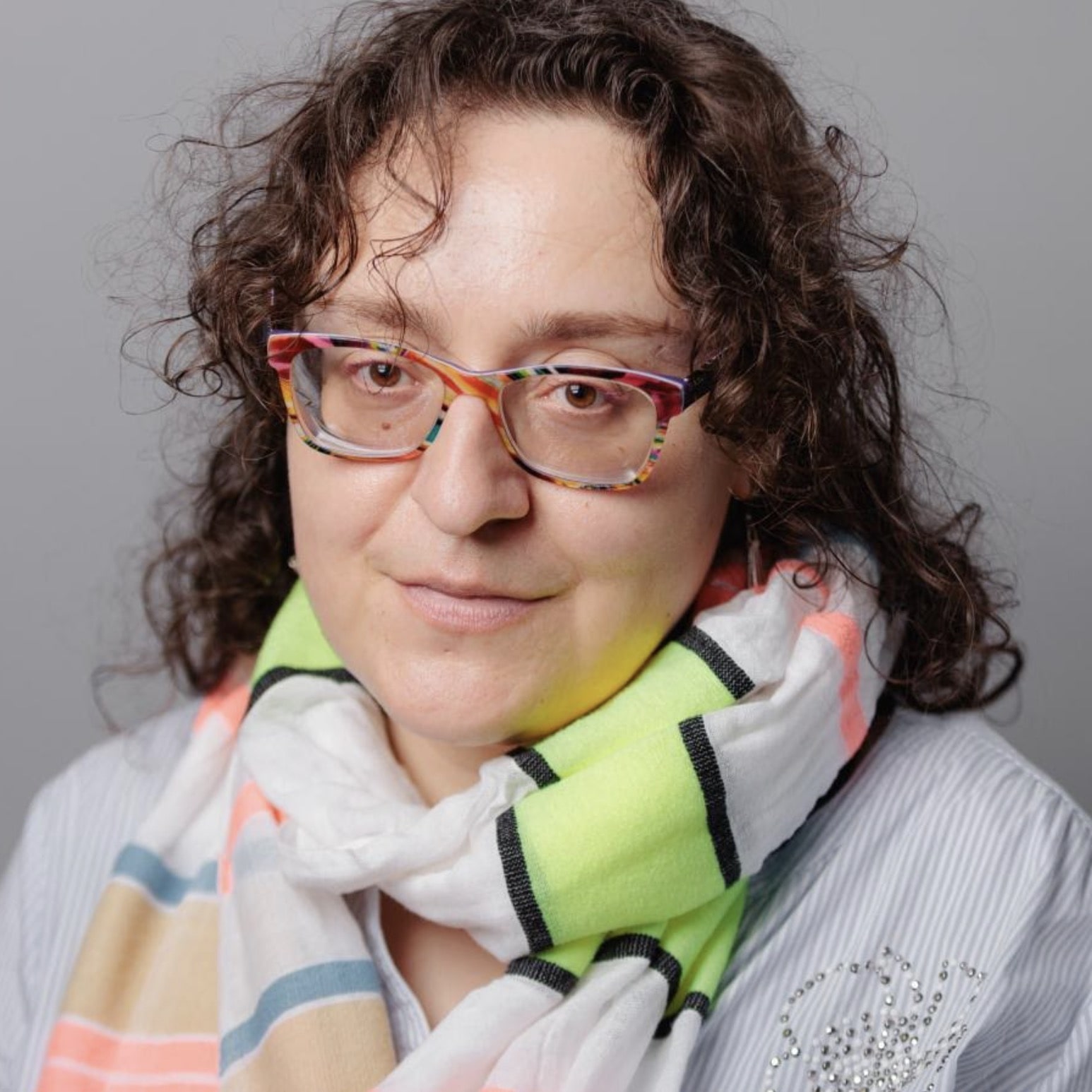
Dr Natalia Paszkiewicz
Dr Natalia Paszkiewicz is a Research Fellow working on ‘Making Aid Work for Displaced Women’ project. She has joined the team following twenty years of work with migrants and refugees in different capacities, including as a researcher and as a practitioner in NGO and humanitarian sectors. Natalia is committed to applied anthropology and interdisciplinary research aimed at transforming structures which govern forced migration, with a focus on women seeking protection. In her previous role as Project Manager, she worked on the UKRI-funded research and innovation project ‘Bridging religious studies, gender & development and public health to address domestic violence: A novel approach for Ethiopia, Eritrea and the UK’ at SOAS University of London. The project was dedicated to the development and strengthening of religio-culturally sensitive domestic violence alleviation systems.
Dr Paszkiewicz completed her PhD in Social Policy at the University of Brighton, and her thesis explored the intersection between UK asylum policy and statutory social services responses to asylum seekers and refugees in the theoretical framework of ethics of care. For her postdoctoral research on the project entitled ‘Healthy Housing for the Displaced’ at the University of Bath, she conducted fieldwork in displacement settings in Jordan, Ethiopia, Djibouti, Bangladesh, Turkey, Nepal and Peru.
Dr Paszkiewicz has provided consultancy and research support on topics related to forced migration, specifically around issues of economic inclusion of refugees and livelihoods in the humanitarian sector. She has also published journalistic pieces discussing refugee protection and political violence, with a focus on the Horn of Africa and Eritrean forced migration.

Jessica Skinner
Jessica Skinner is a PhD candidate at the University of Birmingham and incoming part-time Impact and Policy Fellow for the Making Aid Work for Displaced Women project. Her doctoral research examines the threats facing local women humanitarian aid workers and approaches to their protection and empowerment. Jessica brings nearly two decades of experience in humanitarian protection, gender, and inclusion, with a particular focus on forced displacement. She has worked across a range of contexts - including Bangladesh, Greece, Nigeria, Pakistan, Sri Lanka, Sudan, and Yemen - with NGOs, UN agencies, and the British Red Cross. Most recently, she was contracted to the UK Foreign, Commonwealth and Development Office (FCDO) as a Protection and Inclusion Adviser, where her work focused on gender-based violence (GBV), support to women-led organisations, and inclusive humanitarian action. She holds an MA with Distinction in Globalisation, Ethnicity and Culture from the University of Sussex. Her MA thesis, which examined forced displacement and inter-ethnic relations in Sri Lanka, was published in the Sussex Migration and Poverty Working Paper series. She began her career in 2004 researching forced migration, including an internship with the Development Research Centre on Migration, Globalisation and Poverty followed by a fellowship with the Refugee and Migratory Movements Research Unit in Bangladesh.

Muhammad Nabil
Nabil is a Research Fellow with the ‘Making Aid Work for Displaced Women’ project. He’s a PhD candidate in Near and Middle East at SOAS University of London, where he researches contemporary institutional praxis of British Muslim charities in a multicultural and cosmopolitan society (i.e., the UK). His research explores charitable impetus in faith canons, charitable endeavours of past traditions and generations, and contemporary charitable work of British charities that overlap several research areas of the Making Aid Work project. Following formative training in language and communications, most recently as an Erasmus Mundus scholar, he worked for over a decade with research, media and development organisations, public policy think-tank, academia and a language centre based in the global South and the UK. He’s been a visiting fellow at Imperial College London. His research interests include humanitarian interventions, charitable and voluntary work; representation of ethnic cultures, and language education.

Nawar Aljasem
Nawar Aljasem is a Research Assistant at the Center for Conflict and Humanitarian Studies (CHS) in Doha within ‘Making Aid Work for Displaced Women’ project. She holds a master's degree in Sociology and Anthropology from the Doha Institute for Graduate Studies and a bachelor's degree in Sociology and Psychology from Maltepe University in Istanbul. With more than six years of experience in research and field-based roles related to forced displacement, social protection, and gender-based violence, she has served as a field researcher and research assistant on multiple projects with academic and humanitarian institutions, including the London School of Hygiene & Tropical Medicine in collaboration with Relief International, and the Social Sciences and Humanities Research Council of Canada. Within the “Making Aid Work for Displaced Women” project, she supports data collection and analysis — conducting interviews with key stakeholders, mapping local organisations, and producing thematic summaries. She also assists with literature reviews, drafts background reports, organises public engagement events with displaced communities, and coordinates research outputs to ensure timely delivery. Grounded in her academic training and hands-on experience, she brings strong qualitative research skills and in-depth knowledge of humanitarian policies, social protection, and the impacts of displacement on refugees’ identities and lived experiences across Middle Eastern contexts.
Collaborators
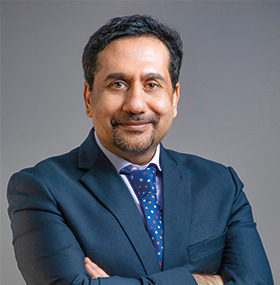
Dr. Ghassan Elkahlout
Dr. Ghassan Elkahlout is the Director of the Center for Conflict and Humanitarian Studies and an Associate Professor at the Doha Institute for Graduate Studies. With over 30 years of experience in humanitarian response and post-war recovery, he earned his PhD in post-war reconstruction from the University of York. Before joining the Doha Institute in 2016, Dr. Elkahlout worked with organizations like the UN, IFRC and Islamic Relief Worldwide, participating in emergency response teams in conflict- affected regions, including Palestine, Iraq, and Yemen. In 2015, he became Director of the Humanitarian Forum, focusing on training and knowledge sharing in the sector. His research has been published in various international journals, addressing humanitarian action and recovery. He is also the author of "Humanitarian Action: Reality and Challenges," a leading Arabic text on the subject, contributing significantly to the field of humanitarian studies.
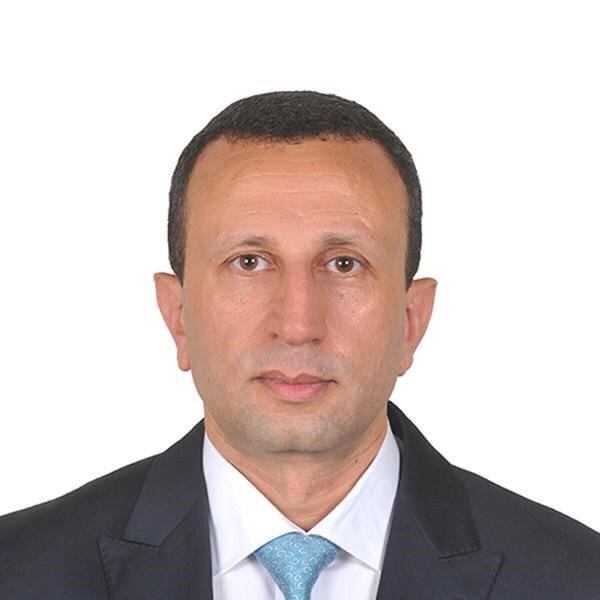
Dr Ahmed Al-Dawoody
Dr Ahmed Al-Dawoody is the legal adviser for Islamic law and jurisprudence at the ICRC in Geneva. He also teaches at the Geneva Academy of International Humanitarian Law and Human Rights in Geneva, Switzerland. Prior to joining the ICRC, he was an Assistant Professor in Islamic Studies and Islamic law and jurisprudence at Al-Azhar University in Cairo. He was the Assistant Director of Graduate Studies for the Institute for Islamic World Studies and the coordinator of the MA program in Contemporary Islamic Studies at Zayed University in Dubai, United Arab Emirates. He taught in Egypt, the USA, the UK, the UAE and Switzerland. He earned his PhD from the University of Birmingham, UK; his MA from Leiden University, the Netherlands; and BA from Al-Azhar University, Egypt. He has published more than two dozen articles and book chapters on Islamic Law and is the author of The Islamic Law of War: Justifications and Regulations (Palgrave Macmillan, 2011).

Dr Amjad Saleem
Dr Amjed Saleem is the manager for Strategic Engagement on Youth, Peace and Fundamental Principles. He leads the International Federation of the Red Cross and Red Crescent Societies' work on Peace building and promotion of the Fundamental Principles. He is also tasked with the coordination of the Big Six Alliance (an alliance of the world’s oldest and largest youth networks) and its flagship initiative, the Global Youth Mobilization. He previously incubated the Volunteering, Youth and Education Team and the Protection, Gender and Inclusion teams at the IFRC growing them from a small program to network wide programs. He has worked from different perspectives on humanitarian work, interfaith engagement, inclusion, and peace building. He is a board member of the Geneva Peacebuilding Platform and Muslim Aid UK. His publications include blogs, journal articles, several book chapters, a book on "Lessons from Aceh" and the recently published "Routledge Handbook on Contemporary Sri Lanka". Amjad is an alumnus of the US State Dept’s International Visitors Leadership Program and the Geneva Centre for Security Policy and has an M.Eng from Imperial College, London, an MBA from Manipal Global Nxt Malaysia and a PhD from Exeter University. He is a Research Fellow of the Faculty of Education, Universiti Malaya, Malaysia, a Non-Resident Fellow at the Centre for Conflict and Humanitarian Studies, Doha and a Fellow at the Sunway University Centre for Planetary Health.

Dr Iffat Idris
Dr Iffat Idris has extensive experience of working in the international development sector, notably with the UN System and World Bank. Her areas of focus include governance, conflict analysis, disaster management, capacity development and social protection. She moved back to the UK after 13 years based in Pakistan, and since January 2016 has been a Research Fellow at the Governance and Social Development Resource Centre, University of Birmingham.

Kristonia Lockhart
Kristonia Lockhart is the Lead Women's Empowerment Specialist at the Islamic Development Bank (IsDB), providing strategic oversight and technical guidance to advance women’s empowerment through the Bank’s policies, programs, and initiatives. She plays a key role in designing and implementing programs that enhance women’s access to health, economic opportunities, and financial inclusion.
Ms. Lockhart leads efforts to shape and execute the first IsDB’s Women’s Empowerment Policy, ensuring gender-responsive development across Africa, Asia, and the Middle East. Her passion is initiating new programs that help to improve women’s access to finance, entrepreneurship, and STEM fields and driving high-impact solutions for women-led enterprises, including managing the Banks engagement in the Women Entrepreneurs Finance Initiative (We-Fi) .
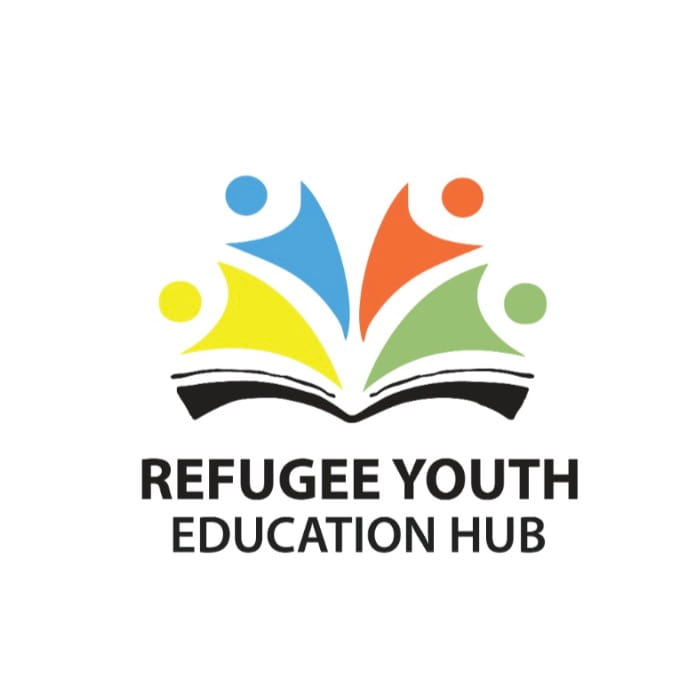
Refugee Youth Education Hub
Refugee Youth Education Hub (RYEH) is a refugee-led organisation based in Kenya working to advance education access, research engagement, and socio-economic inclusion for displaced communities. RYEH partners with academic institutions, humanitarian actors, and community networks to generate evidence, strengthen locally led responses, and elevate refugee voices in policy and practice.
In 2023, RYEH was recognised as a UNHCR Nansen Global Laureate, honouring its innovative and community-driven approach to supporting refugee education and empowerment.
In 2023, RYEH was recognised as a UNHCR Nansen Global Laureate, honouring its innovative and community-driven approach to supporting refugee education and empowerment.
RYEH brings deep contextual expertise in urban displacement, refugee-led organising, faith–community engagement, and participatory research methodologies. The organisation has supported a range of research, monitoring, and community consultation initiatives, ensuring ethical engagement, gender-sensitive approaches, and inclusive stakeholder participation.
As a partner in the Making Aid Work for Displaced Women project, RYEH contributes local research coordination, stakeholder engagement, and independent analysis to ensure that findings are grounded in lived realities and reflect the perspectives of displaced communities in Nairobi.
Project Support
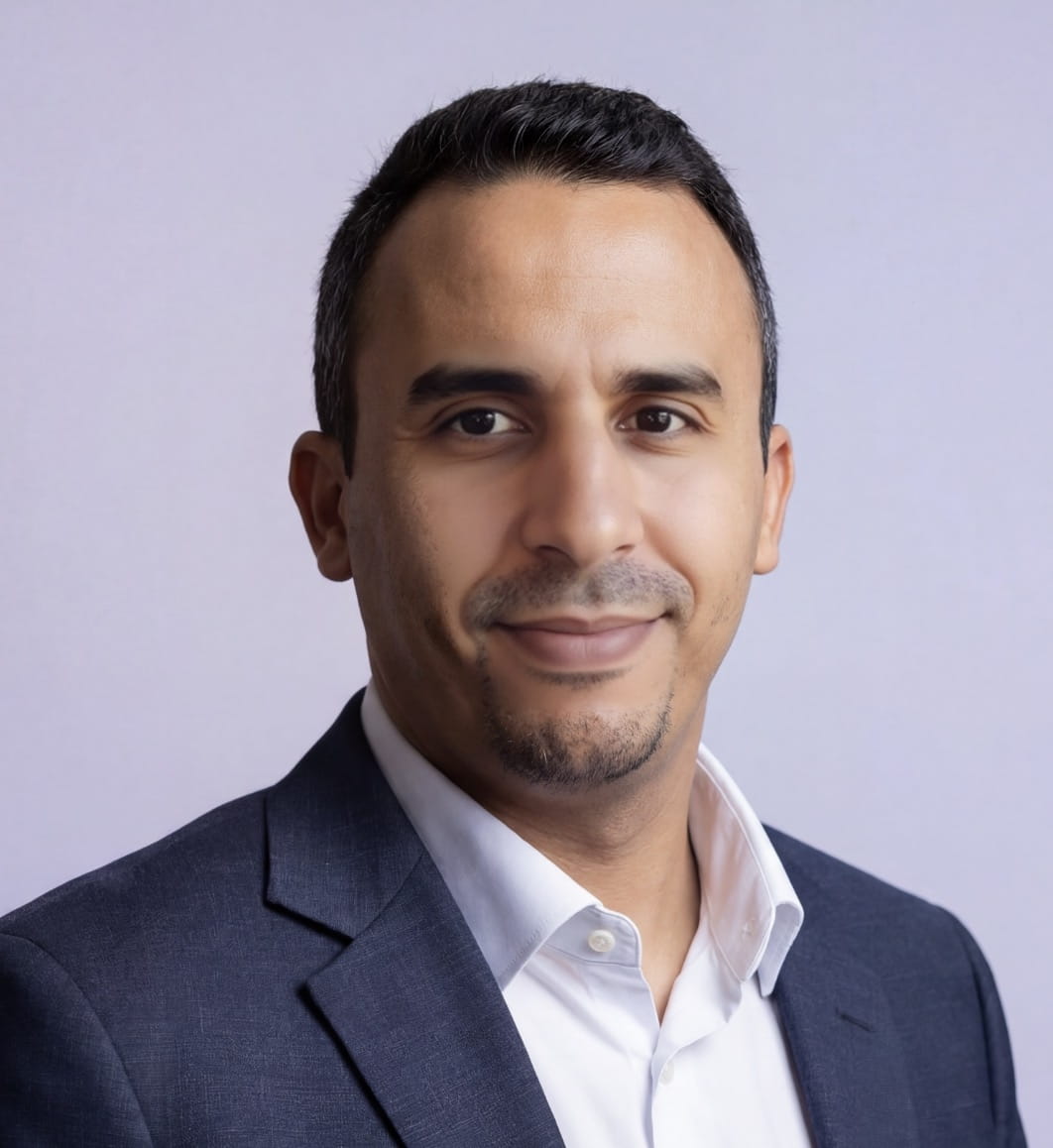
Mohamed Ait Eljaouadi
Mohamed Ait Eljaouadi is a skilled full-stack web developer and freelancer, specialising in designing and developing web applications. As part of the Making Aid Work for Displaced Women project, he is responsible for building and maintaining the website, ensuring it effectively communicates the project's mission and activities to its audience.
